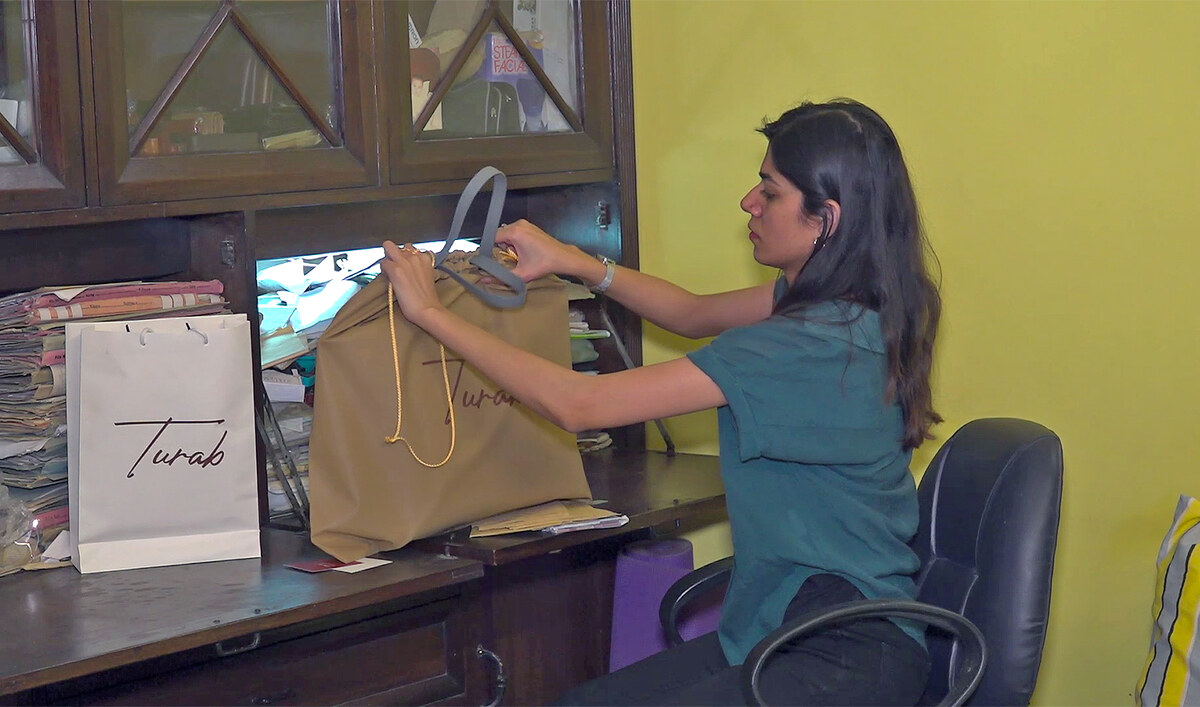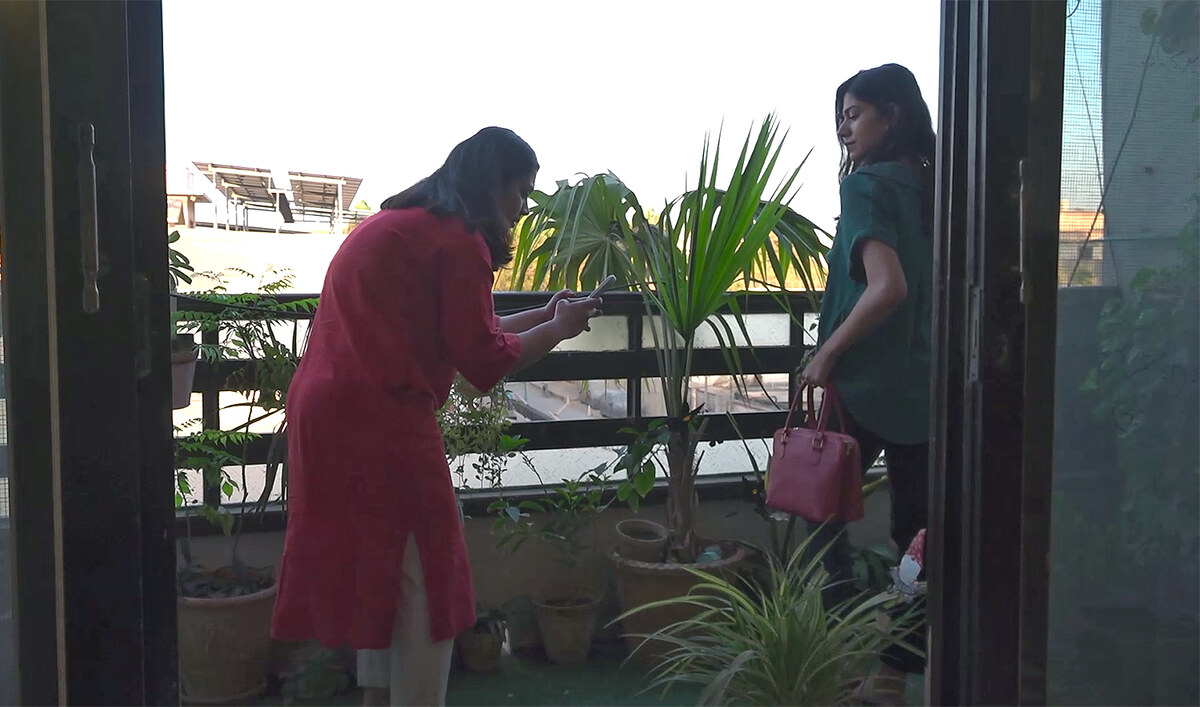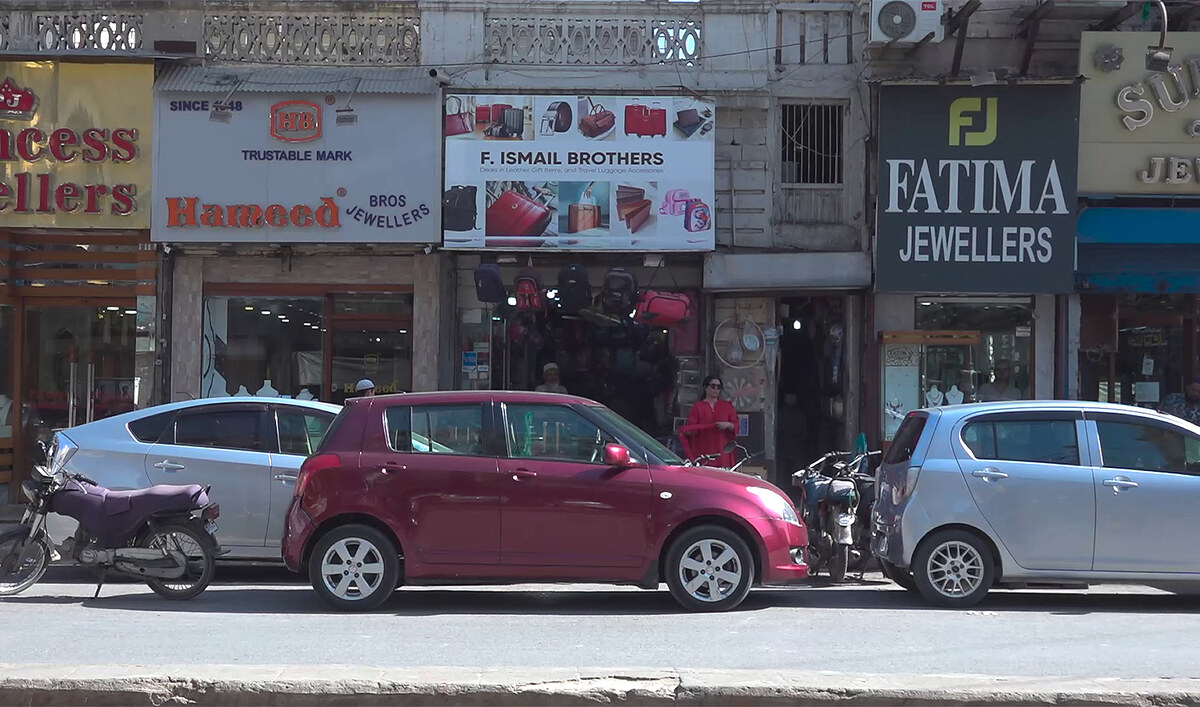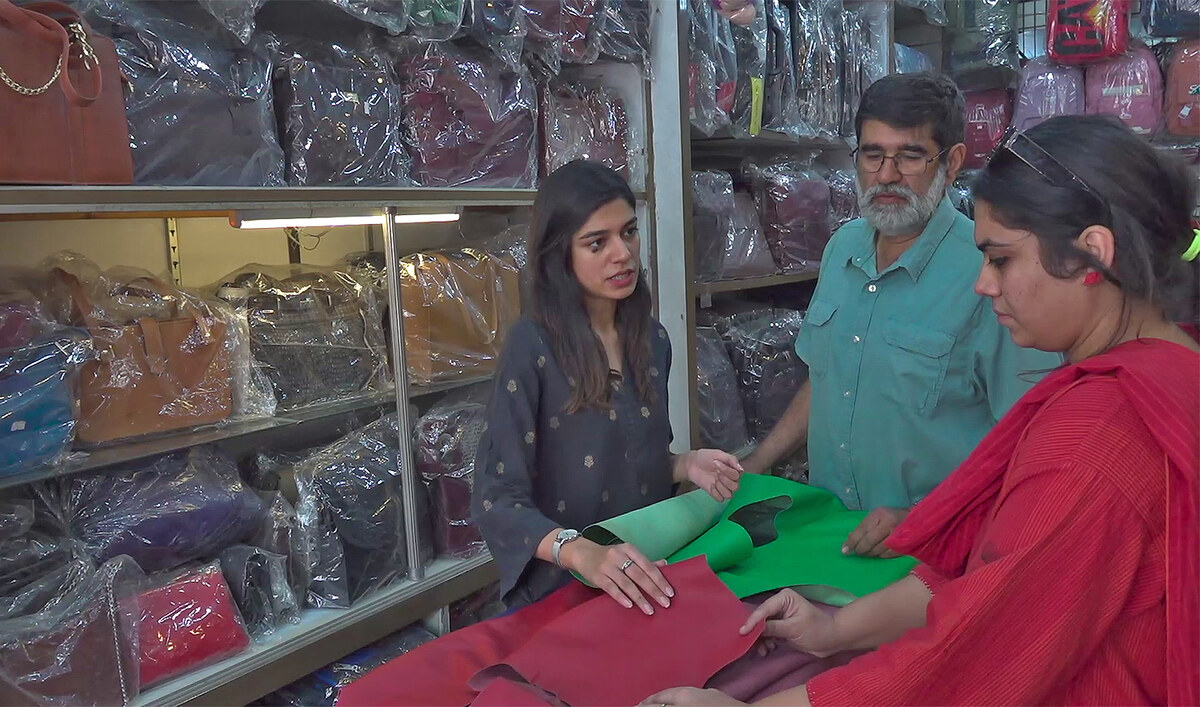ISLAMABAD: As Pakistanis sacrifice millions of animals during Eid Al-Adha, more than a fourth of their hides get spoiled, according to the country’s tanners association, which blamed the waste on a widespread mishandling of raw skins.
Famous for high quality leather products, Pakistan’s tanning industry is one of the country’s oldest and third-largest export sectors. In the fiscal year 2021-22, it exported products worth $1 billion, up from $850 million the previous year, according to the Pakistan Bureau of Statistics.
Pakistan Leather Garments Manufacturers and Exporters Association estimates that the Eid Al-Adha festival, when Muslims traditionally sacrifice livestock and distribute the meat among friends, family and the poor, contributes around 30 percent of raw material to the industry.
But a big fraction of sacrificial cow, buffalo, sheep and goat skins get wasted every year, as individuals and charities that collect the sacrificial hides for sale often deliver them to tanneries in shape that is no longer for processing.
Amanullah Aftab, chairman of the Pakistan Tanners Association, told Arab News that part of the problem is that many of sacrificial animals are slaughtered by unprofessional butchers who cut the skins incorrectly. Another issue, a bigger one, is improper preservation of skins in Pakistan’s hot and humid climate.
“If sacrificial animal hides are not preserved and salted within an hour, the hot and humid weather spoils them,” he said.. “Unfortunately, over 25 percent hides of sacrificial animals go to waste annually.”
A hide should be immediately covered with two kilograms of salt and left in an open, well-ventilated and cool place.
“Hides are a precious raw material for the leather industry,” Aftab said. “People should never pack them in plastic bags.”
The skins processed by Pakistan’s over 400 tanneries are exported mainly as finished leather, but also as value-added products such as apparel, footwear, bags, other accessories, and furniture.
The key markets are the US, Europe and the Middle East, with the latter ordering also specialized leather products for the oil industry.
“We export a large number of industrial leather gloves to Saudi Arabia and UAE,” Aftab said. “They are used in oil refineries, factories and construction industry.”
A better handling of animal hides obtained during Eid Al-Adha could help the industry increase its output, especially as international orders for Pakistani tanners have been on the rise lately, following COVID-19 demand–supply imbalance from China, where the industry was hit by pandemic business closures.
“The industry is aiming for $2 billion exports in the current financial year,” Aftab said.
Abdul Salam, leather manufacturer and exporter, told Arab News that the popularity of Pakistani leather is also due to its quality.
“The skins of Pakistani animals especially goat, sheep and cow are believed to be one of the best in the world,” he said.
“Importers from Europe and Middle East have turned to us in recent months for leather shoes, bags, jackets and gloves after they ran out of their stocks.”






















